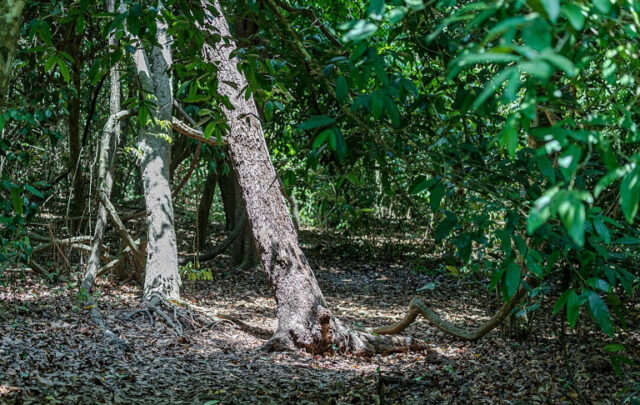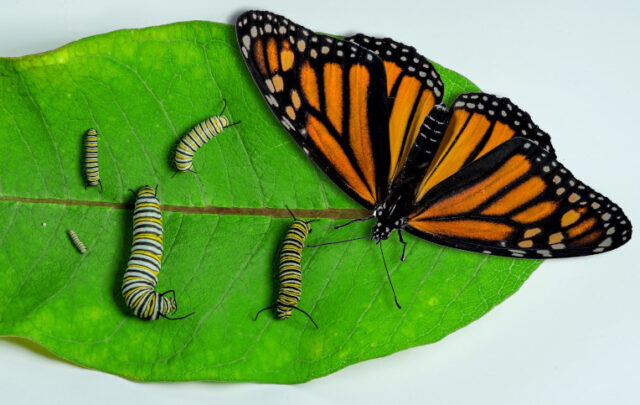The Arctic ice cap has collapsed at an unprecedented rate this summer and levels of sea ice in the region now stand at record lows, scientists have announced.
Experts say they are “stunned” by the loss of ice, with an area almost twice as big as the UK disappearing in the last week alone.
So much ice has melted this summer that the Northwest passage across the top of Canada is fully navigable, and observers say the Northeast passage along Russia’s Arctic coast could open later this month.
If the increased rate of melting continues, the summertime Arctic could be totally free of ice by 2030.
Mark Serreze, an Arctic specialist at the US National Snow and Ice Data Centre at Colorado University in Denver, said: “It’s amazing. It’s simply fallen off a cliff and we’re still losing ice.”
The Arctic has now lost about a third of its ice since satellite measurements began thirty years ago, and the rate of loss has accelerated sharply since 2002.
Dr Serreze said: “If you asked me a couple of years ago when the Arctic could lose all of its ice then I would have said 2100, or 2070 maybe. But now I think that 2030 is a reasonable estimate. It seems that the Arctic is going to be a very different place within our lifetimes, and certainly within our childrens’ lifetimes.”
The new figures show that sea ice extent is currently down to 4.4m square kilometres (1.7m square miles) and still falling.
The previous record low was 5.3m square kilometres in September 2005. From 1979 to 2000 the average sea ice extent was 7.7m square kilometres.
The sea ice usually melts in the Arctic summer and freezes again in the winter. But Dr Serreze said that would be difficult this year.
“This summer we’ve got all this open water and added heat going into the ocean. That is going to make it much harder for the ice to grow back.”
Changes in wind and ocean circulation patterns can help reduce sea ice extent, but Dr Serreze said the main culprit was man-made global warming.
“The rules are starting to change and what’s changing the rules is the input of greenhouse gases.”





